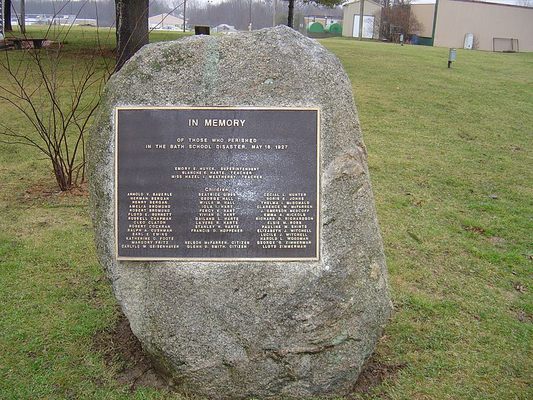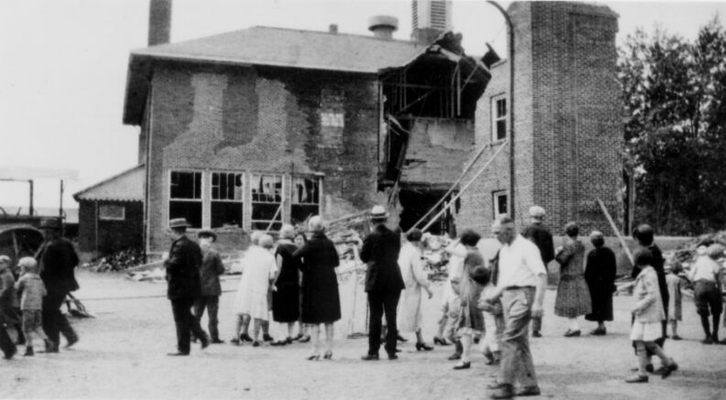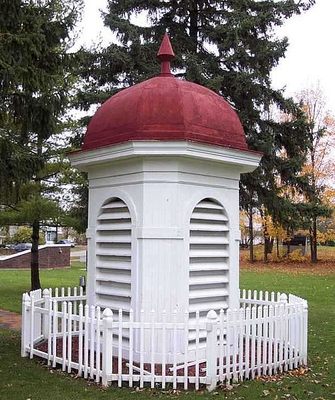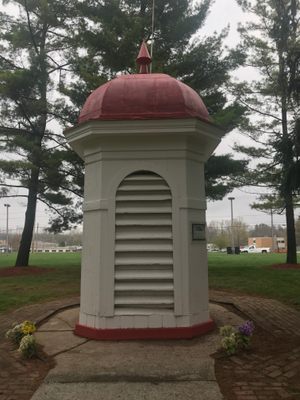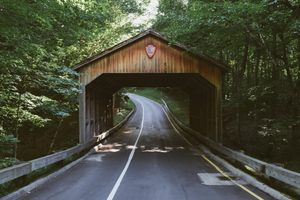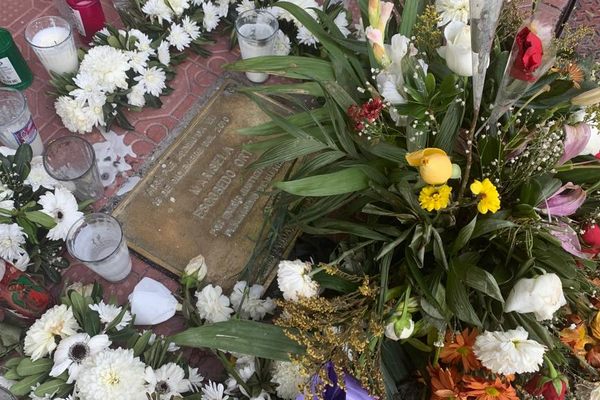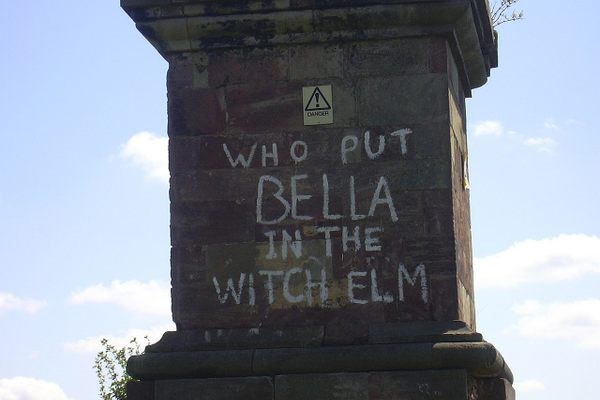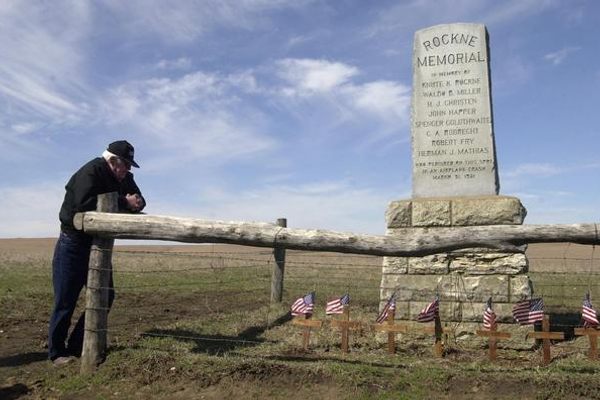About
Just off the road in a peaceful, quiet setting, a memorial to an unforgettable disaster sits.
School shootings are often perceived as an evil of our current, plugged in, out of touch society, but sadly it has a longer history than many are aware of. In fact, the deadliest school massacre to date took place before semi-auto assault weapons were accessible, or even in existence. With a body count of 44, the 1927 Bath School Massacre remains the largest mass murder in a school in U.S. history.
On the morning of May 18th, 1927, farmer and school board treasurer Andrew Kehoe woke up angrier than ever. Tax increases, a foreclosure, an ill wife and his recent defeat while running for township clerk weighed heavily on his mind. His neighbors and co-workers had noticed his dark mood and disinterest in keeping up the farm in recent weeks—they whispered concerns that he may have been contemplating suicide. Their concern was valid, but his contemplations were much darker than they could have possibly imagined.
While neighbors watched for signs of self harm, Kehoe had quietly stockpiled explosives not only under his home, but under the elementary school as well. On the 18th, unbeknownst to his worried neighbors, Kehoe's wife had already been murdered, and at 8:45 a.m., the entire community of Bath Township would be floored by the ferocity of his revenge.
First, the house blew. Various incendiary devices obliterated the farm and several structures within the blast range. Within seconds, another explosion annihilated the north wing of the elementary school, taking the lives of 36 children and two of their teachers. The loss was immediate and horrifying—but Kehoe wasn't finished.
For months, Kehoe had been systematically planting dynamite and pyrotol around the school. As rescue workers frantically rigged through the rubble looking for survivors, he drove up to the school, ignited the literal time bombs under the rescuer's feet with a timed detonator, and then in a dramatic finale, used a rifle to touch off the dynamite in his shrapnel-filled vehicle. The suicidal blast also killed several bystanders watching the disaster unfold, including the school superintendent.
When the smoke had cleared and the bodies counted, 44 souls had been taken to the grave with Andrew Kehoe, 38 of them children. During the investigation of what remains the most "successful" attack on a school in US history, searchers discovered that the devastation could have been even more catastrophic—500 lbs. of undetonated explosives were discovered, intended to discharge along with the north wing explosion. Kehoe had attempted to completely obliterate the entire school.
In 1975, a memorial park was developed at the site of the demolished north wing building. The Bath Consolidated School Memorial Park/James Couzens Agricultural School Memorial Park has a historical marker erected in 1991 that bears the names of the numerous victims, and at the very center of the park you will find the original cupola of the original building, the only preserved piece of the destroyed structure.
Related Tags
Community Contributors
Added By
Published
May 12, 2014

